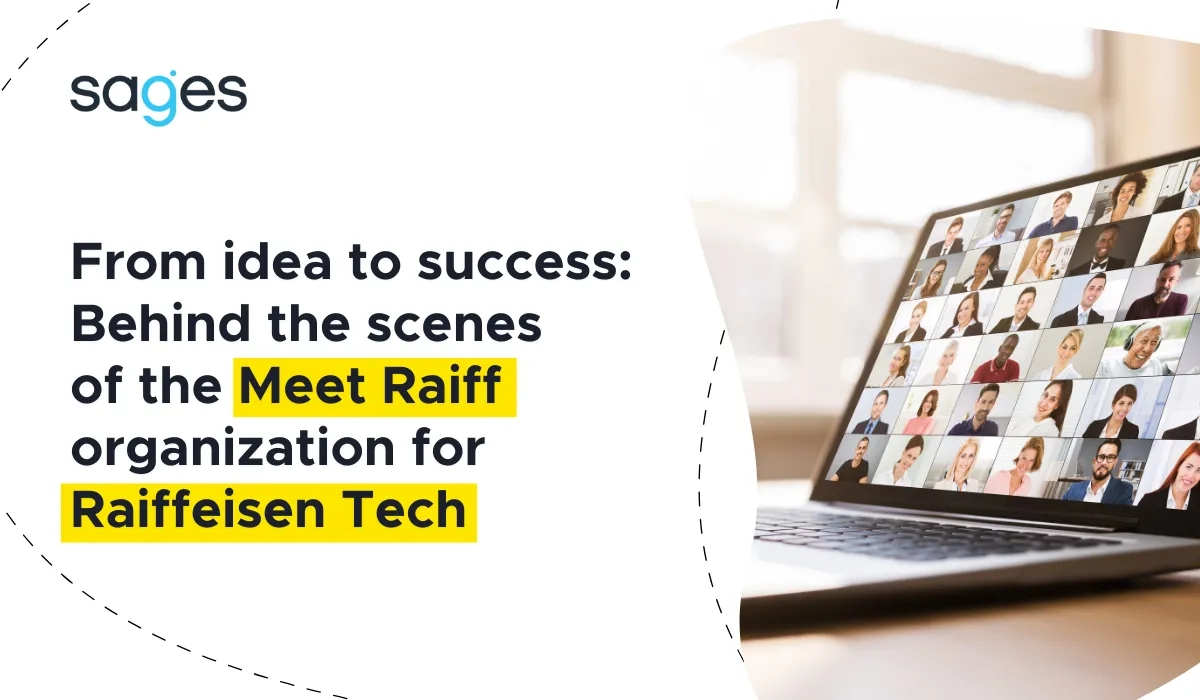In the workshop "How to prepare for IoT testing without knowing anything about the project?", I introduce participants to a way to get a relatively short amount of information about an IoT product in a relatively short period of time, when you are chasing deadlines and the client is clumsy to contact.
But after all, unrealistic deadlines, insufficient documentation and meetings about nothing are only one side of the coin. It is an effect, not a cause. It is an outcome, not a result. It's a consequence of certain behaviors that have formed over the past decades. And all of them have formed around one protagonist - the customer. The IT industry like no other has coined a remarkable myth about the customer who is perpetually unaware of what he wants.
According to folk tales, he shows up clumsy, scared and unsure capturing a timid request in his voice. Sometimes he needs an app, sometimes he needs a portal, sometimes he needs a product, but whatever the goal, at the end of the day, he always has some doubts. He is never fully satisfied. Along the way, a shared vision is lost, deadlines begin to chase, work piles up, and patching holes becomes the norm. Everyone is upset, and we repeat in spirit: "next time we won't make such mistakes".
In fact, every customer could be measured from the lines with one concept - they want to improve the quality of their business operations. That's all or so much - simple? As it turns out, not for everyone.
The universal question, then, is why do we have such a hard time understanding this goal? Perhaps it's the incorrect language of communication? How many times have meetings gone nowhere because of the fact that the language of business (based on numbers) did not resonate with the language of technology. Those wanted specifics, numbers, estimates and values, while the other side stubbornly dabbled in protocols, software and industry gibberish.
Perhaps it was a matter of abnormal personalities? When settler types - focused on building a sense of security, who like protection, safety, and identification of their belonging - clash in the same room with seekers - who turn outward, wanting success, respect from others, and self-esteem - and pioneers - who turn inward, with a tendency toward ethical action, networking, and innovation and discovery - we can be almost certain that an explosive reaction will ensue.
Sometimes it's not particularly acute, because it ends in an exchange of opinions that, as quickly as they are born, die so quickly. Sometimes, however, we end up with a synthesis of all human sins and an argumentative state in which both sides conclude that they are working with idiots. Misunderstanding reality freaks with a tendency to get locked into their own ideas, who pickle their ideas like a Promethean fire that breathes technological spirit.
Otherwise, it's a misaligned goal to idea. Let's build a wonderful new world! A big idea full of small steps that we will go through together while in reality pushing boundaries will work better. Gradually looking around to find new and intriguing possibilities. How about becoming a concerned ethicist who wants to make the world a better place. Acting for a good cause, we set the rules under which business will be part of something extraordinary, holistic. And in reality, we should be selling desire! Perhaps the issue is our inadequate vocabulary. Lack of a universal nomenclature that could be used anytime, anywhere. Not to reinvent the wheel. Not needing hundreds of meetings and translations. If I call something one way then, will the other party read it the same way? Maybe by inadequate vocabulary we arouse too much imagination or make the customer himself get lost in "testimony"?
Sometimes I think the issue is the industry itself, which has grown into a mythical creature that can do anything and everything for money. No matter how silly, naive, childish, miraculous, corny, off-putting, inappropriate, devoid of logic, difficult, rough to use it might be. Let's do it just to do it. Just to be able to tick off the annual plan. So long as we can brag to the world that we managed to beget another project. In pain and suffering, but there it is. Pile on whether anyone will notice us afterwards. Pile on whether it will be well received. Pile on whether it will even be fully functional. Then the hydra's head will be ripped off anyway, to be replaced by two similar-looking and functioning products that are equally "great."
Perhaps the issue of misunderstanding is the little progress in getting factual information to decision-makers? Corporate politics, a system of hierarchy, religious even rituals in which we nod, treat each other to coffee, exchange pleasantries, instead of talking so from the heart, in a manly way. Standards are what they are, and we play at being adults, even though everyone knows what the reality is and what we are meeting for. Well, but puppet theater has to play its part sometimes.
Or is the crux of the problem fatal estimations? We're planning a six-month project that will close in a quarter, although we'll probably release something only at the end of the year, to realistically ram the project in a year and a half, dying and destroying the morale of customers, employees and outsiders. On paper, however, everything looks legitimate. Everything has been professionally vetted. Everything makes sense.
Although, if you think about it, maybe in reality it's impossible to know the customer's motivation? That real, deep, personal motivation. People rarely understand why they do the things they do. Even if they know and understand, they don't want to explain them. Even if they want to explain them, they rarely tell the truth (or the full truth). Sometimes they misrepresent reality. Sometimes they say more than is required to report reality. Besides, they want to save face and opinion, so they will explain evasively. And even if they don't, occasionally there is only ONE specific reason. Usually there is a person behind everything, and behind every story there is another that we will never know. Moreover, the same behavior can have different motivations in different people, at different times. Having such a factor, we have to confront it with marketing and business relevance anyway, because these, by themselves, do not represent value. Fear, pathologies, anxieties, preoccupation - this scales on one side. Tastes, indescribable emotions, beliefs, individual values - that's the scales on the other.Sometimes I think everything is too complicated, artificial and unnatural, and the longer I work in the industry, the more often I ask myself how much of a problem it takes to talk about a problem.Probably that's where the problem lies.However, if I'm honest, it's not my problem anymore.
Fortunately, there are entities such as Sages, whose main purpose is precisely to solve such problems. Analyzing, among specialists, existing troubles, dilemmas and anguish. Breaking through more barriers and heartburn. And all this to get the client back on his feet as soon as possible. To indicate the direction to follow and select the best tools. So that the problem disappears and in its place the results jump in.




